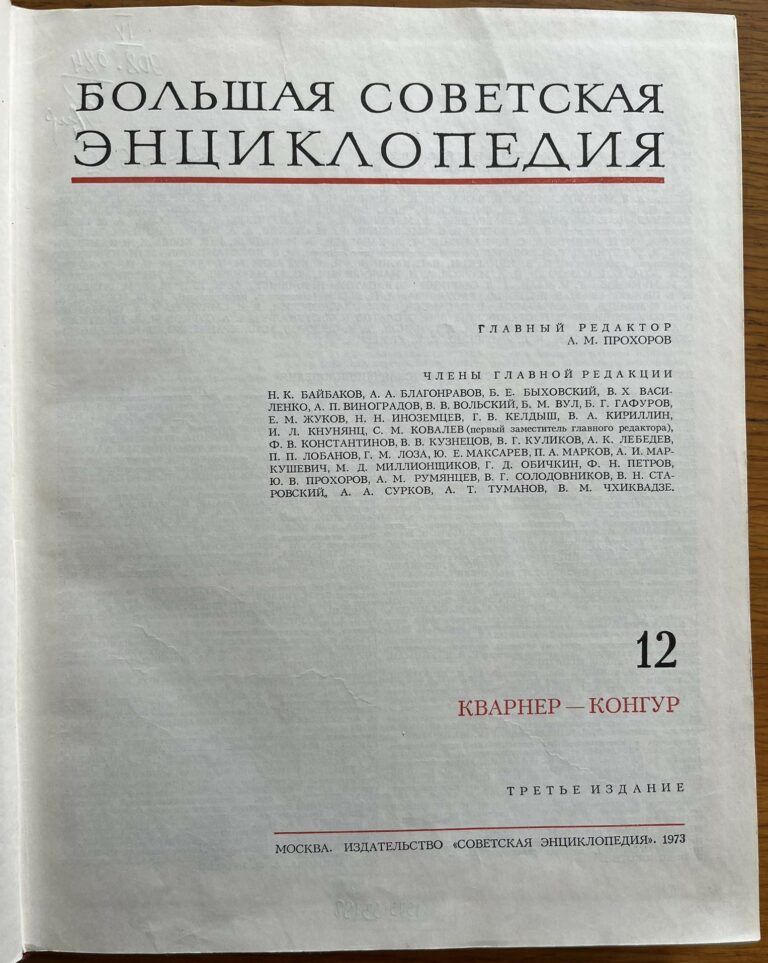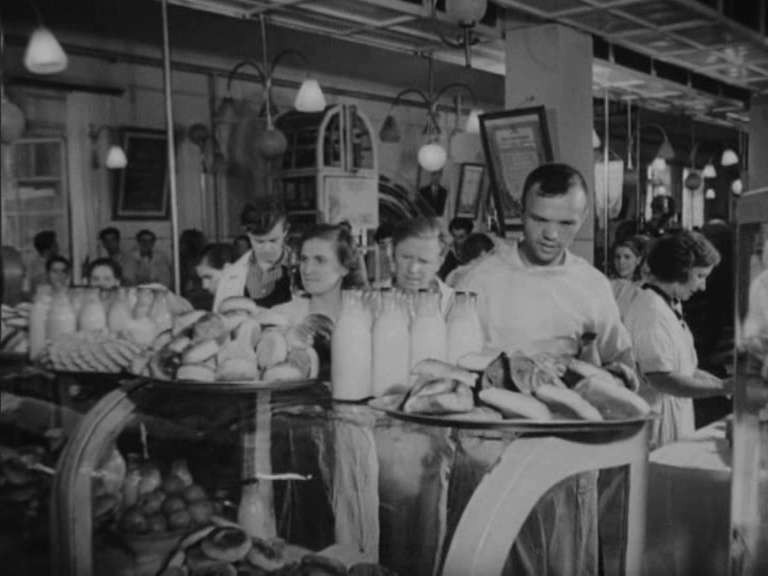Under the leadership of the Communist Party, our country has entered the period of the full-scale building of communism. Soviet people are working with enthusiasm at enterprises, construction projects, collective and state farms and institutions, performing socially useful work in the family, observing the law, and respecting the rules of socialist society.
However, in cities and in the countryside, there are still individuals who are stubbornly opposed to honest work. Such people frequently hold jobs for appearance’s sake while in actual fact living g on unearned income and enriching themselves at the expense of the state and the working people; or, although able-bodied, they may hold no job at all but engage in forbidden businesses, private enterprise, speculation, and begging, derive unearned income from the exploitation of personal automobiles, employ hired labor and obtain unearned income from dacha and land plots, build houses and dachas with funds obtained by nonlabor means and using illegally acquired building materials, and commit other antisocial acts. On the collective farms, such persons, enjoying the benefits established for collective farmers, avoid honest work, engage in home brewing, lead a parasitic way of life, undermine labor discipline, and thereby harm the artel’s economy.
The parasitic existence of these persons is as a rule accompanied by drunkenness, moral degradation, and violation of the rules of socialist society, which have an adverse influence on other unstable members of society. It is necessary to wage a resolute struggle against antisocial, parasitic elements until this disgraceful phenomenon is completely eradicated from our society, creating around such persons an atmosphere of implacability and general condemnation.
Taking into account the many expressions of desire on the part of the working people that the struggle against antisocial elements be intensified, the Presidium of the Russian Republic Supreme Soviet resolves:
- To establish that able-bodied, legally adult citizens who do not wish to perform a major Constitutional duty—to work honestly according to their capabilities—and who avoid socially useful work, derive unearned income from the exploitation of land plots, automobiles, or housing, or commit other antisocial acts that enable them to lead a parasitic way of life are subject, upon the order of a district (or city) people’s court, to deportation to specially designated localities for a period of from 2 to 5 years, with confiscation of the property acquired by nonlabor means, and to mandatory enlistment in work at the place of deportation. Persons who take jobs at enterprises, state and public institutions or who are members of collective farms only for the sake of appearance and who, while enjoying the benefits and privileges of workers, collective farmers, and employees, are in actual fact undermining the discipline of labor, engaging in private enterprise, living on funds obtained by nonlabor means or committing other antisocial acts that enable them to lead a parasitic way of life are also subject to these same measures of influence, prescribed either by order of a district (city ) people’s court or by the public sentence handed down by the working people’s collective of an enterprise, shop, institution, organization, collective farm, or collective farm brigade. An order of a district (city) people’s court or a public sentence calling for deportation is handed down if, despite the warning of a public organization or state agency, the person who is leading a parasitic way of life has not taken the path of an honest life of labor within the period established in the warning.
- The order of a district (city) people’s court with respect to a person who is avoiding socially useful work and leading an antisocial, parasitic way of life is final and is not subject to appeal. A public sentence calling for deportation is subject to approval by the district (city) Soviet executive e committee, whose decision is final.
- The exposure of persons leading an antisocial, parasitic way of life and the verification of all the relevant circumstances are carried out by agencies of the militia and the prosecutor’s o office on the basis of materials in their possession, the initiative of the state and public organizations, or on the basis of declarations by citizens. Upon completion of the verification, the material is sent with the prosecutor’s sanction to a district (city) people’s court or to a working people’s collective for consideration.
- If during the verification and examination of materials concerning a person who is leading a parasitic way of life, signs of a crime are established in his actions, this person’s case must be sent to agencies of the prosecutor’s office.
- Orders of a district (city) people’s court, as well as public sentences calling for deportation, are executed by militia agencies. Persons who avoid work in the places of deportation are subject, upon representation of the m militia agencies to the district (city) people’s court, to corrective labor with retention of 10 percent of their earnings; in cases of evasion of corrective labor, the court may substitute for such labor deprivation of freedom under the procedure stipulated in Art. 28 of the Russian Republic Criminal Code. The term of corrective labor or deprivation of freedom is not considered a part of the term of deportation. Escape from the place of deportation or en route to it is punished in accordance with Art. 186 of the Russian Republic Criminal Code.
- If a person who has been deported proves by his exemplary conduct and honest attitude toward work that he has reformed, he may, after the expiration of at least half of the term of deportation, be released without completing the term upon the petition of public organizations to the district (city ) people’s court at the place of deportation, with the consent of the district (city) Soviet executive committee a t the deported person’s former place of residence.
- To instruct the Russian Republic Council of Ministers to adopt a resolution on carrying out the necessary measures stemming from this decree.
Literature:
- Ukaz Prezidluma Verkhovnogo Soveta RSFSR [Decree of the Presidium of the Supreme Soviet of the Russian Soviet Federated Socialist Republic], May 4, 1961.; Sovetskaya Rossla [Soviet Russia], May 5, 1961, p. 3
Source: Bureau of Labor Statistics, Principal Current Soviet Labor Legislation: a compilation of documents (Washington: U.S. Dept. of Labor, 1962), p. 125-127



The Soviet authorities not only motivated workers to labor feats, but also punished those who refused selfless work for the benefit of the motherland. For example, in February 1948, a decree of the Presidium of the Supreme Soviet of the USSR was signed “On the eviction from the Ukrainian SSR of persons who maliciously avoid work in agriculture and lead an anti-social, parasitic lifestyle.” Similar approaches were approved by the resolution of the RSFSR from 1961, which encouraged to identify (that is,to report), punish and even imprison people who chose a non-socialist way of life. The document shows that despite official claims about the advantages of communist production and socialist competition, many people in the USSR preferred private economy or even entrepreneurship, for which they were mercilessly punished.